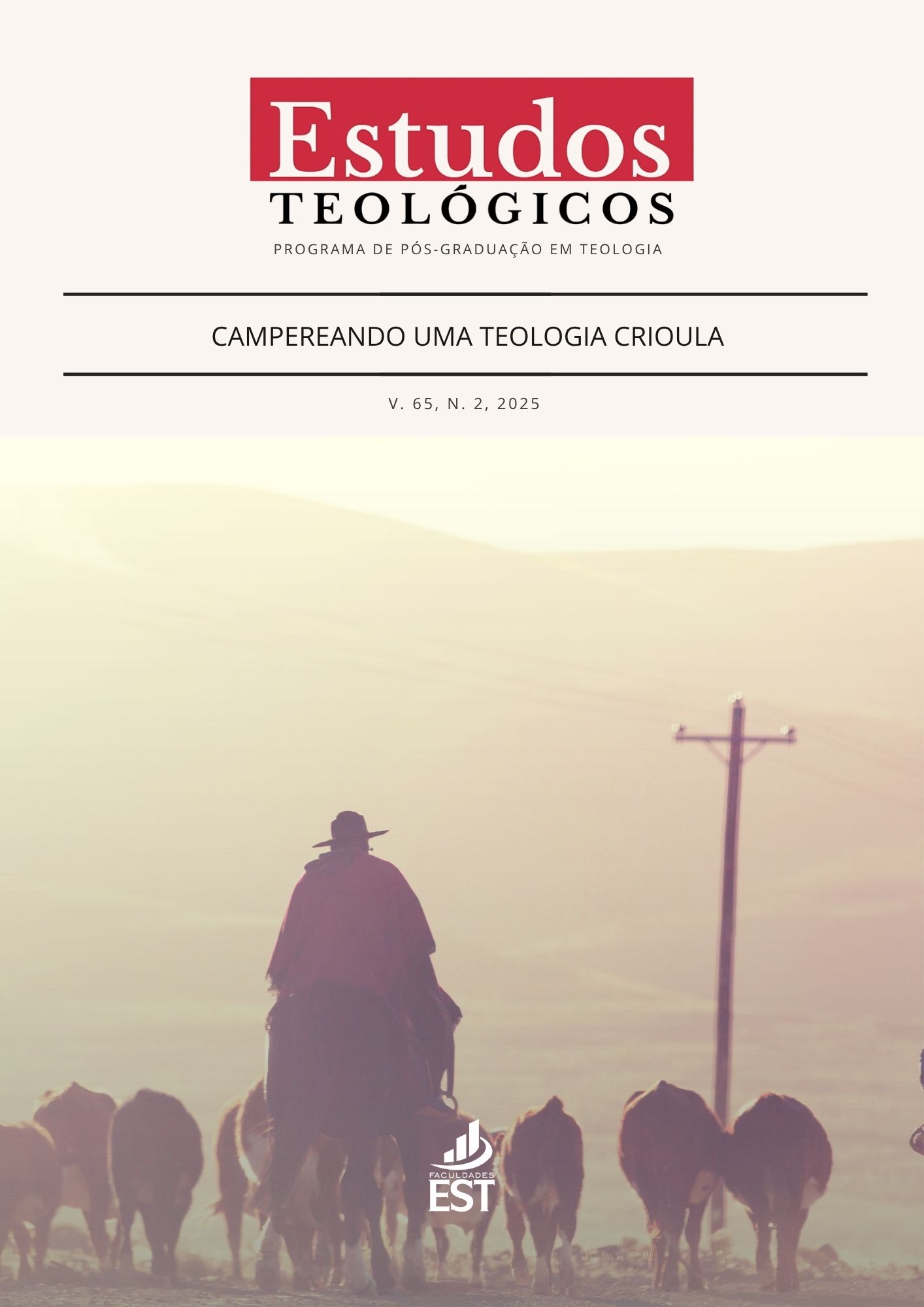Faith: Trust or Piety?
Contributions from Lutheran Theology
DOI:
https://doi.org/10.22351/et.v65i2.4130Keywords:
Luther, faith, trust, pietyAbstract
The concept of “faith” is fundamental to the Protestant Reformation, particularly in the thought of the reformer Martin Luther (1483–1546). For the reformer from Wittenberg, human beings are justified “by faith alone” (sola fide). Luther’s sola fide generated not only clashes with Roman Catholics but also sparked intra-Lutheran controversies. This article proposes to analyze the conception of faith according to Lutheran theology, particularly Luther’s. The hypothesis supported is that the controversies surrounding the concept of “faith” may reside in the lack of distinction between faith as trust and faith as piety. The article seeks to contextualize the understanding of the concept of “faith” by resorting to biblical texts and the medieval understanding, in particular derived from the German concept Frömmigkeit. From this, it seeks to identify how the Protestant Reformation, particularly Luther, conceived “faith” as trust, pointing to its ethical implications. The method adopted is the intersection of theological hermeneutics and history, considering the meaning of the cognitive content (faith) as historically determined. The article contributes to recovering the conception of faith oriented toward the collective and communion, instead of piety, which tends toward an individualistic and privatizing dimension.
Downloads
Published
How to Cite
Conference Proceedings Volume
Section
License
Copyright (c) 2025 Estudos Teológicos

This work is licensed under a Creative Commons Attribution-NonCommercial 4.0 International License.
Política de Acesso Livre
A Revista Estudos Teológicos é de acesso livre, o que significa que todo o conteúdo está disponível gratuitamente, sem custos para o usuário ou sua instituição. Os leitores podem ler, baixar, copiar, distribuir, imprimir e compartilhar os links para os textos completos dos artigos, desde que com a devida atribuição de autoria e fonte original, conforme a licença abaixo.
LICENÇA CREATIVE COMMONS
Esta obra está licenciada sob uma Licença Creative Commons Atribuição-NãoComercial 4.0 Internacional (CC BY-NC 4.0).












